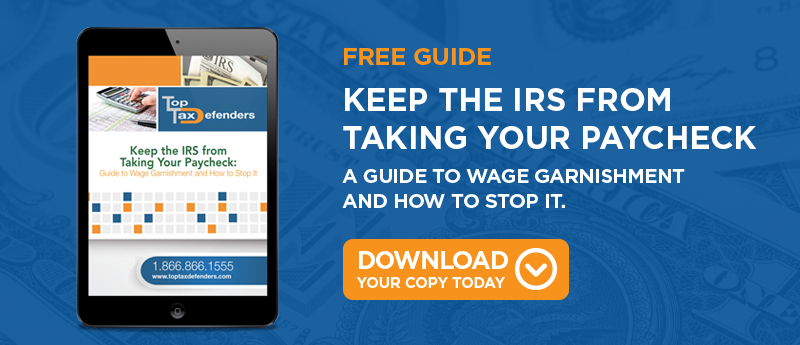It is perfectly legal to keep money in an overseas bank account. In fact, many Americans do simply because they work and live abroad.
While it is legal to open and maintain international bank accounts, it is illegal to avoid reporting this money to the IRS. You can obey current U.S. tax laws and still keep your overseas accounts by keeping in mind these tips about reporting this money to the IRS.
Sources of Income to Be Reported
Virtually all sources of your overseas income must be reported to the IRS. Monies derived from:
- Wages
- Salaries
- Interest
- Dividends
all count as valid income and could be eligible for taxation. It may be possible for you to exempt some or all of your foreign-earned income, however.
For example, if you work for an overseas employer, you may be able to have this income exempted from being taxed by the IRS. You must still report it on your income tax return, however. You should consult with a licensed tax professional to find out if you can exempt any of your foreign-earned income
You also must report any money that you have access to or is banked in your name even if you do not contribute to these accounts. For example, if a relative opened an international bank account for you but you do not contribute to its sum, you still must report this money on your return.
IRS Forms to Report Overseas Money and Assets
The forms that you must use to report any money held in overseas accounts can be found on the IRS website. To report income gained from wages, salaries, dividends, and interest you should use the Foreign Bank Account Report form.
This form must be filed by June 30 of every year if your accounts total $10,000 or more. You also must file the Foreign Account Tax Compliance Act form and include it with your yearly return.
Failure to fill out and submit a FBAR form by June 30 could result in penalties like:
- a $10,000 fine or half of the amount of money that is in your foreign bank accounts
- a $100,000 fine if you purposely failed to report your overseas bank accounts
- 10 years in federal prison if convicted of defrauding the IRS by not reporting your overseas money
To report any money or gifts that you received or inherited, you must fill out IRS Form 3520, or the Inheritances and Gifts: Annual Return to Report Transactions with Foreign Trusts and Receipt of Certain Foreign Gifts form. This paperwork is due at the time of receiving the gift or inheritance.
If you are uncertain about what forms to file and what international bank accounts or assets to report, it is important that you consult with a tax professional. A tax pro can help you report your bank accounts and assets correctly and in a timely manner.
Coming Clean with the IRS
Until the last decade or so, the U.S. government had little reach when it came to discovering overseas accounts and tax defrauders. Recent treaties among the U.S. and countries like Switzerland, which was once a tax haven, has given the American government and the IRS more power to find out who has money in international accounts, however.
If you are delinquent in reporting your overseas accounts to the IRS or you otherwise want to come clean about money you have failed to claim, you should approach the IRS with a tax professional by your side. This advocate can help you avoid the worst financial and legal penalties. You also will have the opportunity to settle your accounts and pay any taxes you owe to the government.
Many Americans open and maintain overseas bank accounts. You can comply fully with the current U.S. tax codes by reporting your overseas income and by submitting the proper IRS tax forms.




